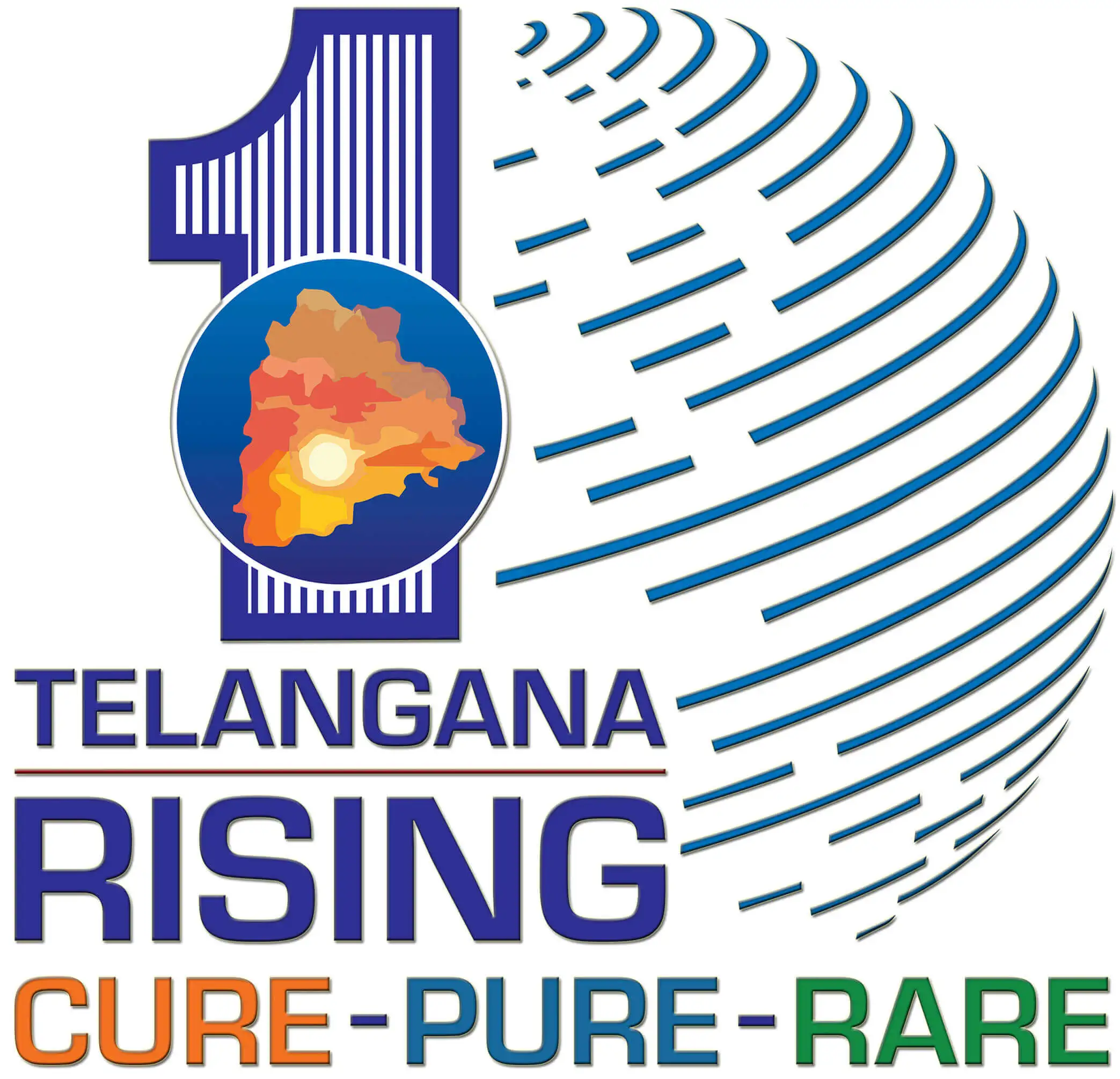

Certificate in Textile Design
Overview
Certificate in Textile Design
Textile design is a field of study that involves the creation of designs for fabrics, yarns, and other related materials. Textile designers use their creativity, technical knowledge, and artistic skills to produce innovative designs that can be used for a range of purposes, from fashion to home furnishings to industrial uses. A course in textile design typically covers a wide range of topics, including design principles, colour theory, textile science, weaving and knitting techniques, printing and dyeing methods, and computer-aided design (CAD) software. Students learn to work with a variety of materials and techniques to create unique and functional designs that meet the needs of their clients or target market. Textile design courses may be offered at the undergraduate or graduate level and may focus on specific areas of interest such as fashion design, textile technology, or sustainable design. Some courses may also offer opportunities for internships or hands-on experience in industry settings. Graduates of textile design courses may find employment in a variety of industries, including fashion design, textile manufacturing, interior design, and product development. They may work as free lance designers in-house designers for companies, or start their own design businesses. A course in textile design can provide students with the skills and knowledge they need to pursue a rewarding career in this exciting and dynamic field. With a focus on creativity, technical expertise, and practical skills, textile design offers endless opportunities for innovation and growth.
Module
Semester I
Design Concepts I
- FD-01: Orientation Program
- FD-02: Basics Of Fashion
- FD-03: Elements Of Design & Principles
- FD-04: Design process
- FD-05: Fashion Illustration I
- FD-06: Color Theory
Garment Construction-I
- FD-07: Principles Of Garment Construction
- FD-08: Drafting & Pattern Making (Kids Wear)
- FD-09: Garment Construction (Kids Wear)
- FD-10: Fabric Consumption (Term Garment)
- FD-11: Trim File & Market Sourcing
Textile Science
- FD-12: Overview Of Textile Industry
- FD-13: Fabric Study
- FD-14: Fiber to Fabric
- FD-15: Wet Processing
Portfolio Kids Wear
Textile Design & Print Development
- FD-16: Surface Ornamentation (Tie & Die, Batik, Fabric Painting & Embroideries – 30 types)
Introduction To Computers
- FD-017: Basic & Powerpoint
Career Path
A career in textile design offers a wide range of opportunities for creative individuals who are interested in working with fabrics, yarns, and other related materials. Textile designers may work in a variety of industries, including fashion, home furnishings, industrial textiles, and more.
One common career path for textile designers is to work as in-house designers for fashion or textile manufacturing companies. In this role, designers work to create designs for new collections or to update existing products. They may also work closely with product development teams to ensure that their designs are both aesthetically pleasing and functional.
Another option for textile designers is to work as freelance designers. Freelancers may work on a project-by-project basis, creating designs for clients in a variety of industries. This can be a great option for designers who prefer the flexibility of working on their own schedule and choosing the projects they work on.
Some textile designers may also choose to start their own design businesses. This can be a challenging but rewarding path, as it allows designers to have complete control over their work and to pursue their own creative vision.
In addition to these traditional career paths, textile designers may also find opportunities in fields such as sustainable design, textile research and development, and textile conservation.
A career in textile design can be a fulfilling and exciting option for those with a passion for creativity, design, and innovation. With opportunities in a wide range of industries and roles, textile design offers endless possibilities for growth and exploration.
A textile design course is a program of study that focuses on the design and production of fabrics and textiles for various applications. The course typically includes aspects of textile design such as the development of patterns, colours, textures, and materials. It also covers the use of design software and techniques to create digital designs and prints.
During the course, students gain knowledge of various textile materials, including natural and synthetic fibres and their properties. They also learn how to translate ideas into visual designs and how to create product prototypes using different manufacturing techniques.
In addition to technical skills, students in a textile design course also develop creative and analytical thinking abilities, enabling them to find new methods of production and design innovations. They are also typically introduced to the business and marketing aspects of the fashion and textile industries.
A textile design course prepares graduates for a wide range of careers within the fashion and textile industries as textile designers, product developers, colour forecasters, or materials researchers. Graduates can also launch their own businesses or work as freelance designers.







